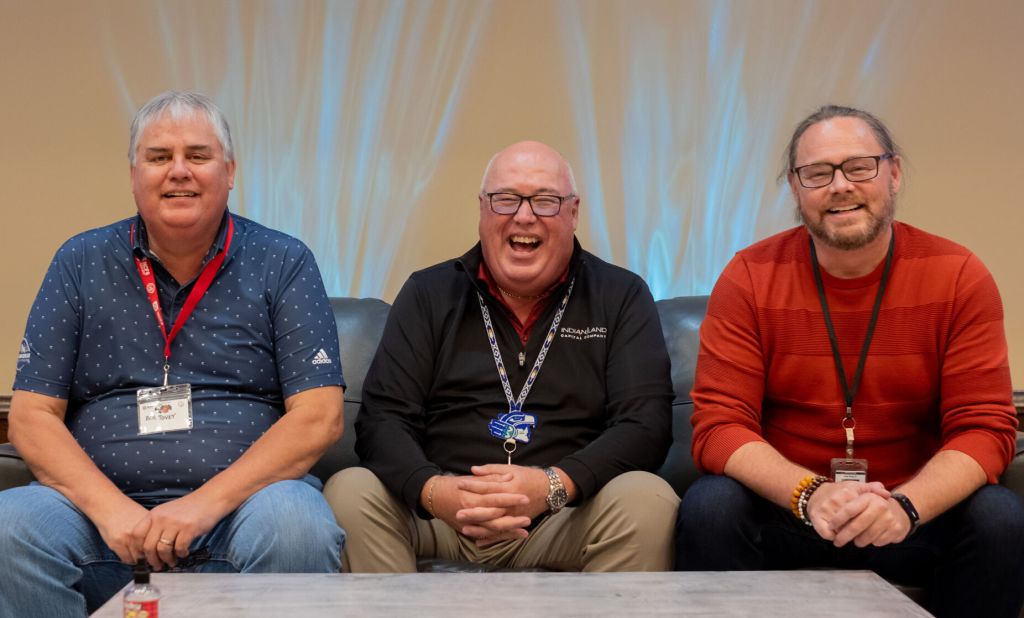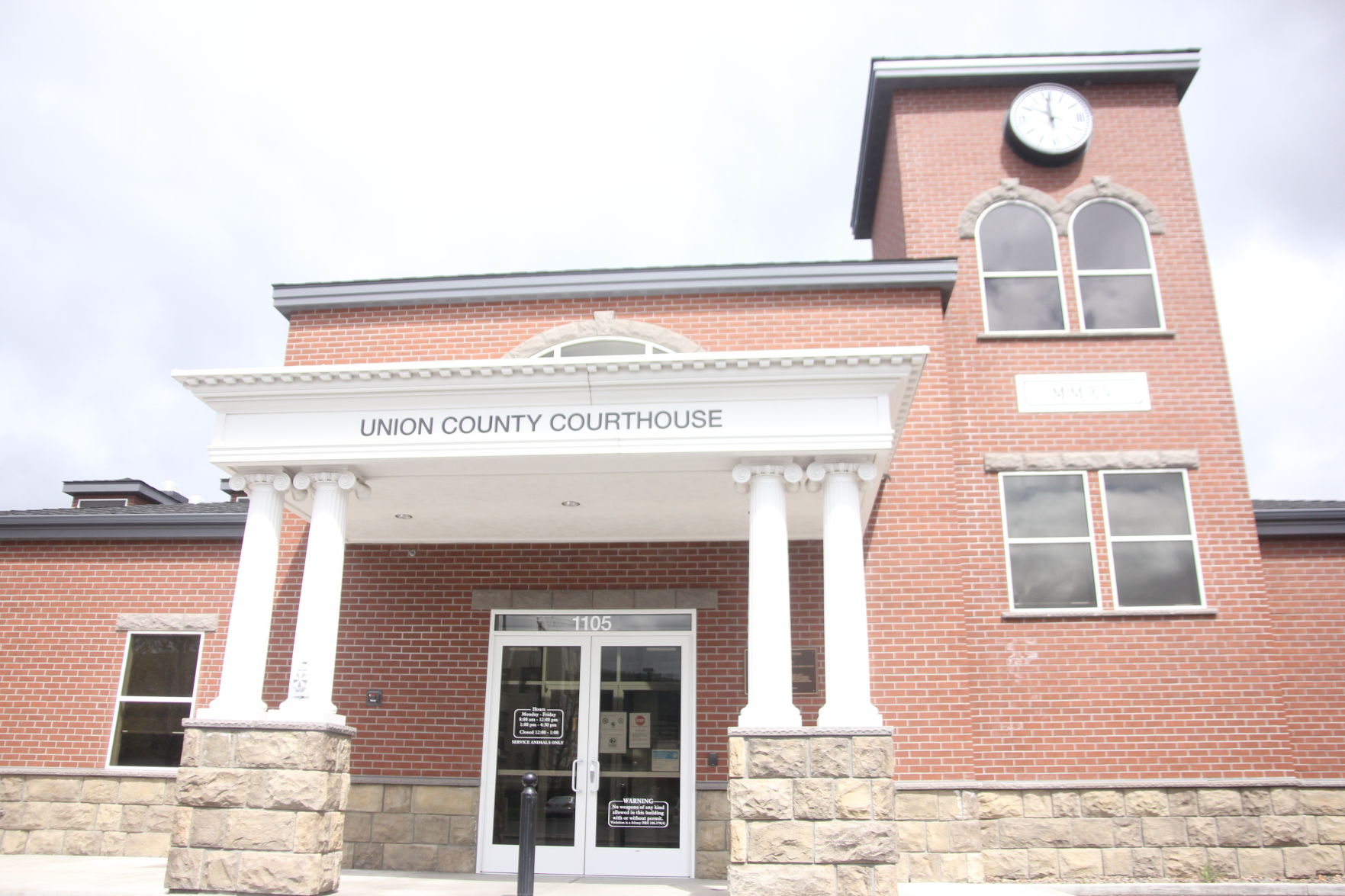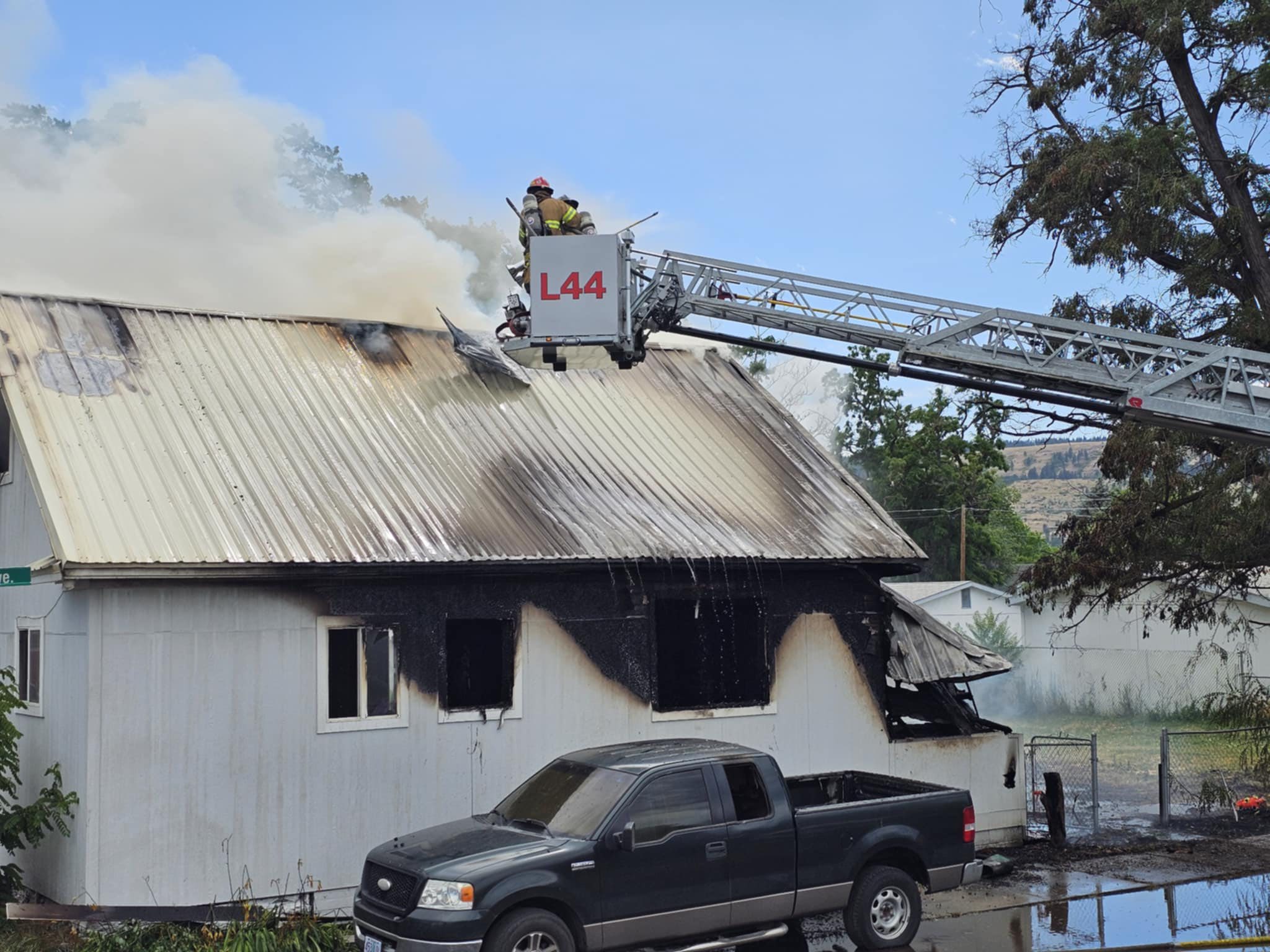A call to reinvest in the reservation
Published 7:00 pm Monday, October 9, 2023

- The Tovey family sits together Friday, Oct. 6, 2023, on the last day of the Northwest Native Economic Summit at Wildhorse Resort & Casino, Mission, after J.D. Tovey, right, deputy executive director of Confederated Tribes of the Umatilla Indian Reservation, delivered the keynote address. Bill Tovey, left, is the director of the tribes' Department of Economic & Community Development, and Dave Tovey, center, is the executive director of Nixyaawii Community Financial Services.
MISSION — Creating opportunities to reinvest on the Umatilla Indian Reservation is key to decreasing the economic gap between the poor and the rich, but that’s not about tribal government handing out jobs.
J.D. Tovey, the new deputy executive director for the Confederated Tribes of the Umatilla Indian Reservation, delivered that message Friday, Oct. 6, in a keynote address during the final day of the Northwest Native Economic Summit at Wildhorse Resort & Casino.
“The tribal government can’t create all the jobs for everybody in the social domain,” he said. “We can only create so much.”
Tovey, former planning director for the tribes, emphasized the importance of intentionally supporting people across an income spectrum. In particular, he discussed strengthening the social domain — how people live and interact with each other — of tribes in hopes of capturing some of the money that’s leaving tribal communities and instead, keeping it within the local system of a given tribe.
“There are social implications of all of our activities,” he said.
For Umatilla County, he said, while most people are on the lower end of the income spectrum, as is the norm in rural communities, there is a growing number of people who are in a higher income bracket, and who therefore have more money to spend.
Right now, those people are spending money on goods and services outside of the reservation because there aren’t always the services they want.
And while some services are consistently done better outside of Native communities, such as nail salons, Tovey said, there are ways to develop the internal community to encourage the reinvestment of money into the tribal system, such as through individual businesses instead of tribally owned ones.
Without creating the opportunities to reinvest, he warned, the economic difference between the larger, poorer group and the smaller, richer group will continue to grow.
That may lead to a split community, with the smaller, richer group choosing to exit the social domain entirely, leaving the larger, poorer population worse off than before.
“Your grandparents or your elders tell you to go get an education and come bring it back,” Tovey said. “But then when you bring it back, then you’re shunned from doing it. The same thing happens, I think, when people obtain higher economic levels. People end up being somewhat shunned for doing that.”
But Tovey said he is hopeful. Young people in the tribe are engaged, and there are more services being built to support people “from cradle to grave,” he said.
The social distancing between economic groups leads to disengagement from the community, which is harmful to the whole community, Tovey said. To change that narrative, he said he wants to create opportunities for people to invest into the economy.
To Tovey, the main point of his keynote address was that “it’s not about the tribe developing businesses, but creating a framework for individuals to create their own businesses,” he said after the presentation.
Developing systems, frameworks and opportunities will be important means of setting tribes up for sustainable economic growth.
Tovey said the next steps will be about creating access to capital. This can be done, in part, through education and simplifying processes, but it also will be about reconnecting people to their communities.
When people feel responsible for parts of their world and lives, such as a sidewalk or statue they helped create, Tovey said, that investment ties them back to their community, which keeps them in that social domain as active participants.









